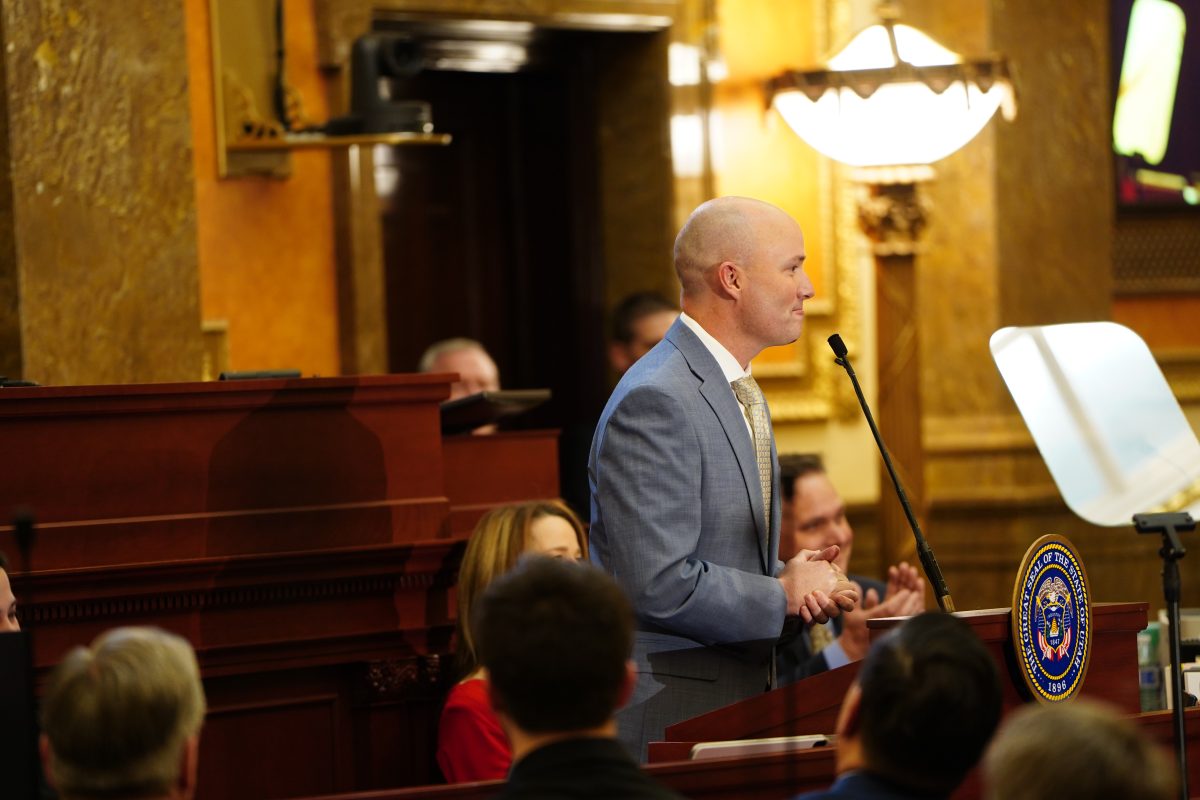
Utah is well-known for many things: national parks, great snow and the Jazz, but Utah is especially known for its bad air quality.
While there are numerous contributors to the Wasatch Front’s poor air quality, according to the Ogden City Idle-Free website, 48 percent of the pollution comes from vehicles.
This statistic is one of a few reasons that the Ogden City Council and Ogden Mayor Mike Caldwell declared last week, Feb. 5–11, Idle-Free Week.
In their joint proclamation of Idle-Free Week, the City Council and Mayor Caldwell said, “Vehicle emissions are a significant contributor to air pollution and release harmful pollutants into the air, which cause asthma and other respiratory diseases.”
The public service campaign was a partnership between the Ogden City Council, Mayor Caldwell and the Weber-Morgan Health Department.
While the official Idle-Free week is over, the environmental, health and economic effects of idling vehicles can be felt year round.
This initiative was meant to encourage Ogden citizens to reduce emissions and increase cost effectiveness by not idling their cars.
The Weber-Morgan Health Department suggested that residents “reduce idling by shutting off your vehicle anytime it is stopped for more than a minute.”
By not idling, air quality is improved because the amount of heavy particles in the air is reduced.
According to the Utah Department of Health, carbon monoxide particles have negative effects on health. Under exposure, CO diffuses rapidly into the human body to enter the bloodstream, lungs, brain and other vital organs quickly.
The health department said it can take up to 24 hours for CO to be released from the body.
According to the Idle-Free initiative, reducing idle time can save drivers money in addition to improving air quality.
Stopping and restarting a vehicle saves more gas than idling, according to the Idle-Free Week’s website.
More specifically, ten seconds of idling wastes more gas than one restart.
Additionally, a study by Weber State University, Utah State University and the Utah Department of Environmental Quality showed newer cars do not require a warm up period in order to run well, and the best way to warm up a car is to drive it.
While it may be called Idle-Free Week, the goal is to reduce emissions, and while it’s highly encouraged and the point of the initiative, turning your key isn’t the only way to achieve that goal.
The Idle-Free website also suggests using alternative means of transportation to reduce air pollution. Public transit, which WSU students can ride for free with a UTA Premium Transit Pass, is an option. As the weather slowly begins to get warmer and drier, walking and biking are additional alternatives that can reduce one’s carbon footprint.
For those who must drive, there’s also carpooling and, of course, remembering to turn the key and stay idle free.
More information about Idle-Free week and air quality can found be found online.




